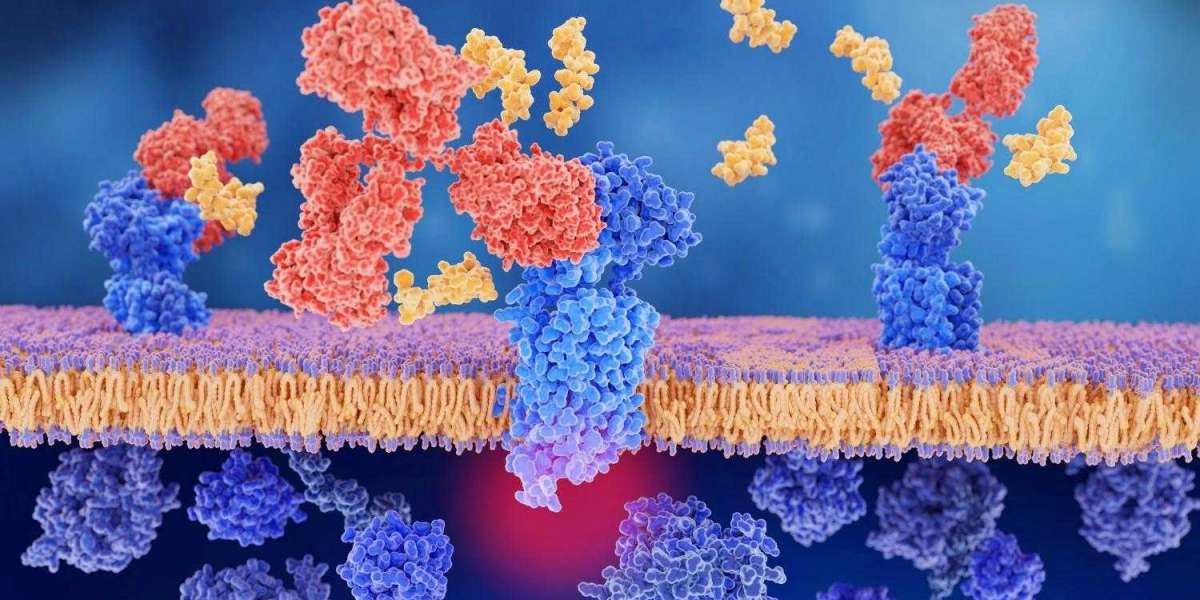Fully human monoclonal antibodies (mAbs) are a class of therapeutic molecules that have gained significant attention and recognition in the fields of medicine and biotechnology. These unique antibodies are engineered to be entirely of human origin, offering several advantages over traditional mAbs derived from other species. In this comprehensive exploration, we will delve into the nature of fully human mAbs, their significance, and their impact on healthcare and biotechnology.
Understanding Fully Human Monoclonal Antibodies:
To comprehend fully human mAbs, it's essential to first understand the basic structure of antibodies. Antibodies, or immunoglobulins, are Y-shaped proteins produced by the immune system to target and neutralize foreign invaders such as viruses, bacteria, and other pathogens. Each antibody consists of two heavy chains and two light chains, and they possess a unique region called the antigen-binding site, which enables them to recognize and bind to specific antigens.
Fully human mAbs are engineered to have the same structure as naturally occurring human antibodies. They are generated using advanced biotechnological techniques, including phage display, transgenic mice, and hybridoma technology. These methods allow researchers to produce antibodies that are devoid of any non-human components, such as those found in chimeric or humanized mAbs.
Significance in Medicine:
Fully human mAbs have revolutionized the field of medicine in several ways:
Therapeutic Applications: They are used as targeted therapies for various diseases, including cancer, autoimmune disorders, and infectious diseases. For instance, drugs like "Tecentriq" (atezolizumab) and "Lemtrada" (alemtuzumab) are fully human mAbs used to treat cancer and multiple sclerosis, respectively.
Reduced Immunogenicity: Fully human mAbs have lower immunogenicity compared to antibodies with non-human components. This means they are less likely to provoke an immune response in patients, making them safer and more effective.
Precise Targeting: These antibodies can be designed to specifically bind to disease-related molecules, leaving healthy cells unaffected. This targeted approach minimizes side effects and enhances treatment outcomes.
Longer Half-Life: Fully human mAbs can be engineered to have an extended half-life in the bloodstream, reducing the frequency of treatment administrations. This convenience improves patient compliance and reduces the burden of chronic diseases.
Personalized Medicine: Advances in fully human mAbs have paved the way for personalized medicine, where treatments can be tailored to an individual's unique genetic and molecular profile.
Significance in Biotechnology:
Fully human mAbs have also had a profound impact on the field of biotechnology:
Drug Development: They serve as critical tools in drug discovery and development. By generating fully human mAbs that target specific disease markers, researchers can accelerate the identification and validation of potential therapeutic targets.
Biopharmaceutical Production: The production of fully human mAbs involves sophisticated biotechnological processes. This has driven advancements in biopharmaceutical manufacturing, leading to improved efficiency and scalability.
Research and Diagnostics: Fully human mAbs are invaluable in research and diagnostics. They are used as laboratory reagents to study the functions of specific proteins, aiding in the understanding of various diseases.
Biosimilars: As patents for existing biologic drugs expire, fully human mAbs have played a crucial role in the development of biosimilars, which are lower-cost alternatives to biologic therapeutics.
Challenges and Future Directions:
Despite their remarkable potential, the development of fully human mAbs comes with challenges such as high production costs, complex regulatory requirements, and the need for continued innovation to expand their therapeutic applications. Nonetheless, ongoing research and technological advancements hold promise for addressing these challenges.
In conclusion, fully human monoclonal antibodies represent a groundbreaking advancement in medicine and biotechnology. Their precision, Nano Bio reduced immunogenicity, and versatility have made them essential tools in drug development and critical therapies for various diseases. As research in this field continues to progress, fully human mAbs are likely to play an increasingly pivotal role in improving human health and advancing our understanding of complex diseases.




